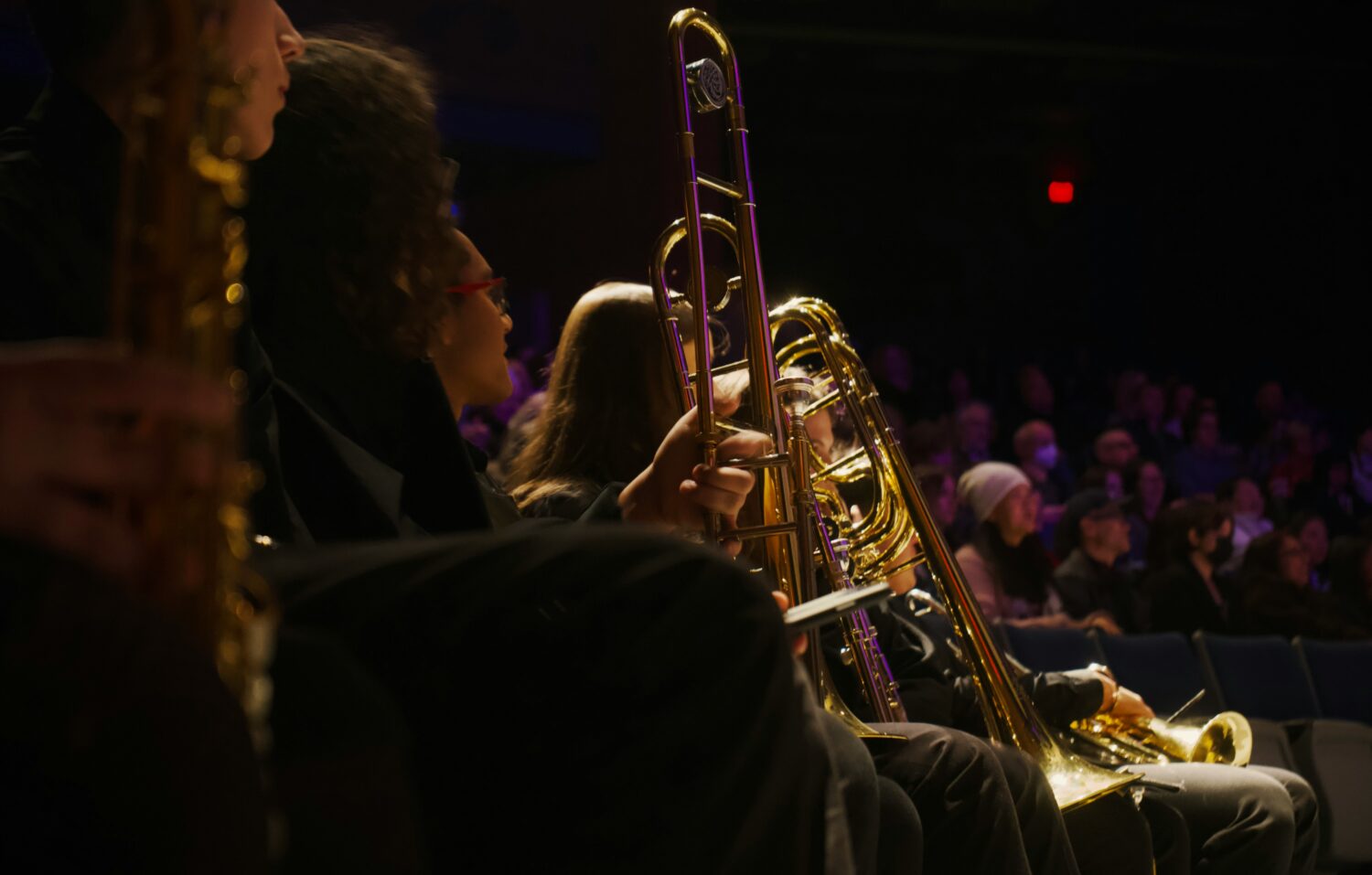Creative force
Arts special, vol 3: The arts can play a central role in giving our young people a brighter future, writes Alison Cole
Amid the febrile excitement of the election campaign and a Labour victory, children across the country have been quietly awaiting their exam results. When their results come in, the dramatic decline in the take-up of arts subjects in our schools will again be starkly evident. Latest figures show that the percentage of pupils taking GCSEs in art subjects has fallen by 50 per cent since 2010, with 41 per cent of schools not offering music GCSE at all.
At the same time, our creative industries have continued to punch way above their weight and prove themselves among the most resilient of the UK’s economic sectors. They represent 5.7 per cent of the UK’s gross value added (GVA), a measure of the value of the goods and services produced in the economy. As Lord Bragg highlighted in a Lords debate earlier this year, the arts generate more revenue than the life sciences, aerospace and construction industries combined. The sector has been growing 60 per cent faster than the wider economy. Additionally, our cultural organisations are globally deployed as some of the most effective weapons in Britain’s ‘soft power’ arsenal. And the arts, from music to museums, have been shown to be fundamental to health and wellbeing; they are now ‘socially prescribed’ to help cure a raft of societal and medical ills.
Yet the last government chose to denigrate the arts and downgrade creative education. Not only have arts subjects been excluded from school accountability measures (including the E-Baccalaureate and Progress 8), but last year saw the launch of a particularly crass offensive against ‘low-value’ and ‘rip-off’ arts and humanities degrees, just two years after higher education funding for arts courses had been cut by 50 per cent. The assault was ramped up during the election campaign, with Rishi Sunak vowing to close down courses that were “letting young people down”. This was especially baffling at a time when employers have determined that the factor they most value is creativity. The World Economic Forum, too, views creativity and empathy as being as important as AI for the jobs of the future.
Our independent arts and creative industries thinktank was established at the Fabian Society in November 2023 to help inform and support policy development in this area. My small team is passionate about the brief and brings different lived experience of the arts to the table – ranging from the visual arts to music, literature and theatre. We know that the arts play a vital role in building life skills such as confidence, critical thinking, perceptiveness, and persistence, and help us navigate life’s ups and downs, as well as bringing inspiration and joy. We also know that human ingenuity often springs from a heady cocktail of arts and science in combination and cooperation.
This belief is shared by our new prime minister, Keir Starmer MP, who was a young scholar at the Guildhall School of Music and Drama. His keynote speech at the Labour Creatives conference on 14 March was widely considered to be the best speech on the arts that a Labour leader has delivered. Charlotte Higgins wrote in the Guardian: “He talked about the arts as something enriching, personal, transformational.”
“Everyone here will know that feeling,” Starmer said, “Of losing yourself and finding something new in that space art creates. These encounters with art and culture change us forever. They certainly changed me forever.” He sees the arts as a source of individual and collective transformation as well as significant drivers of economic growth. The Labour manifesto promises a review of the national curriculum to bring back creative education, with an immediate change to the accountability measures that school performance is judged by (which currently exclude the arts).
It will be a long road back, and the new government will have to urgently address the loss of specialist arts teachers in state schools. We need nothing short of a Lord Kitchener-style campaign to recruit an ‘army’ of teachers, including a fast-track Teach First scheme for the arts. And we need people to be able to experience the arts and be offered creative opportunities wherever they live and whatever their backgrounds.
Our Fabian special unit is focused on helping to inform policy in this area, looking at how we can help embed arts in a reformed national curriculum as well as in breakfast clubs and wrap-around care; widen access to art, building on Labour’s landmark free museum and gallery admission policy and promoting an open data policy for museums; provide support for artists by investing in a ‘circular’ skills and talent pipeline; boost libraries as both cultural and community hubs; and create new funding models and public-private partnerships to establish a high-functioning ecosystem. We worked closely with lead policymakers with a view to informing the Labour Creatives conference and accompanying booklet. Our approach has been framed by Keir Starmer’s overarching mission of national renewal, with its five core missions, and is all about delivering impactful cross-department agendas.
In his 2023 Labour conference speech, Keir Starmer spelled out the magnitude of the challenges ahead: “If you think our job in 1997 was to rebuild a crumbling public realm; that in 1964 it was to modernise an economy left behind by the pace of technology; in 1945, to build a new Britain out of the trauma of collective sacrifice; then in 2024, it will have to be all three.”
Our policy work draws on the lessons of 1945, 1964, and 1997 – all key years for Labour reforming agendas. In 1946, Arts Council Britain was founded; in 1965, art minister Jennie Lee’s seminal White Paper embedded arts in education and ensured equality of access and opportunity across the country; in 1997, ‘Cool Britannia’ helped unleash the power of the creative industries, building on Labour’s introduction of free admission to national museums and augmenting Britain’s ‘soft power’. In 2024, the arts must be harnessed as one of the most powerful engines of change, by a government that has made ‘Change’ its mandate.
When our children receive their exam results, they need to know that all their talents and abilities will be valued. “The insights of science and engineering are, of course, crucial to addressing many of the world’s most urgent problems,” two art deans at MIT argued in a 2021 Times Higher Education Supplement article. “But science and engineering operate within human societies, and serve the world best when informed by the cultural, political, spatial, and economic complexities of human existence and ways of inhabiting the earth.” This is one of the many reasons why the arts matter: and surely now, they matter even more. They must be a central part of the mission for national renewal.
Image credit: Anita Cavalcanti via Unsplash

